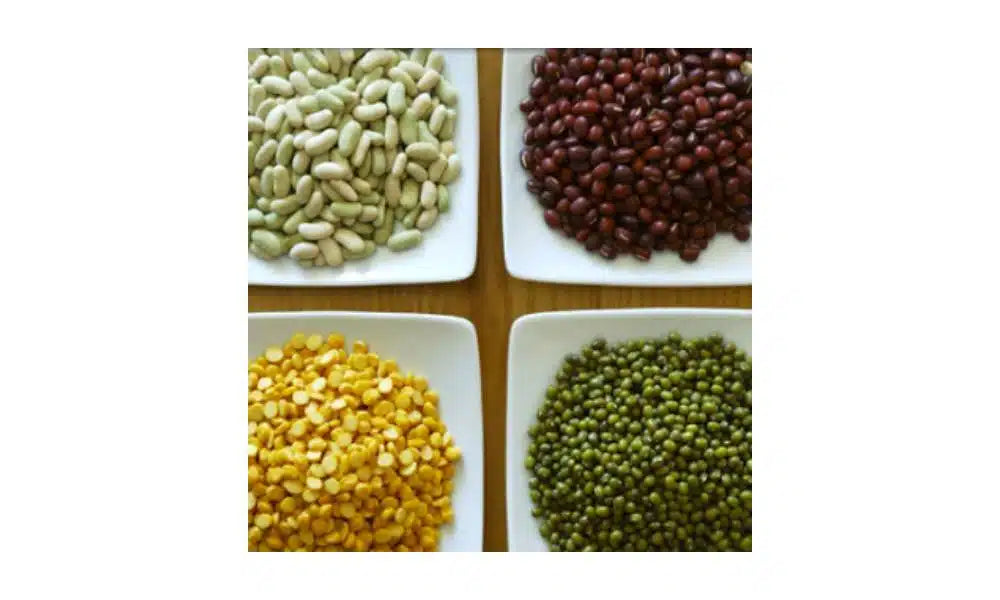
Gas Producing Foods…
Oops, was that me?
Although having gas is common, it can be uncomfortable and embarrassing. Understanding causes, ways to reduce symptoms, and treatment will help most people find relief
What causes gas?
Gas in the digestive tract—the esophagus, stomach, small intestine, and large intestine—comes from two sources:
1) Swallowed air.
2) Normal breakdown of certain undigested foods by harmless bacteria naturally present in the large intestine, also called the colon.
Which foods cause gas?
- Sugars: The sugars that cause gas are raffinose, lactose, fructose, and sorbitol.
- Raffinose: Beans contain large amounts of this complex sugar. Smaller amounts are found in cabbage, brussels sprouts, broccoli, asparagus, other vegetables, and whole grains. (Finally the secret is out, the reason why you knew your aunts special chili was causing you an upset stomache was’nt because she didnt like you in actuality it’s really because our bodies dont digest certain foods so well)
-
The sugars in some vegetables can lead to intestinal gas as they’re digested. Onions and artichokes contain fructose; a type of sugar, while another sugar; raffinose, is found in asparagus, brussels sprouts, broccoli, and cabbage, among others.
-
Lactose: Lactose is the natural sugar in milk. It is also found in milk products, such as cheese and ice cream, and processed foods, such as bread, cereal, and salad dressing. Many people, particularly those of African, Native American, or Asian background, normally have low levels of lactase, the enzyme needed to digest lactose, after childhood. Also, as people age, their enzyme levels decrease. As a result, over time people may experience increasing amounts of gas after eating food containing lactose.
-
Fructose: Fructose is naturally present in onions, artichokes, pears, and wheat. It is also used as a sweetener in some soft drinks and fruit drinks.
-
Sorbitol: Sorbitol is a sugar found naturally in fruits, including apples, pears, peaches, and prunes. It is also used as an artificial sweetener in many dietetic foods and sugar-free candies and gums.
-
Starches: Most starches, including potatoes, corn, pasta, and wheat, produce gas as they are broken down in the large intestine. Rice is the only starch that does not cause gas.
-
Fiber: Many foods contain soluble and insoluble fiber. Soluble fiber dissolves easily in water and takes on a soft, gel-like texture in the intestines. Found in oat bran, beans, peas, and most fruits, soluble fiber is not broken down until it reaches the large intestine, where digestion causes gas.Insoluble fiber: On the other hand, passes essentially unchanged through the intestines and produces little gas. Wheat bran and some vegetables contain this kind of fiber.
- Vegetables that have soluble fiber, like peas, can cause gas as they’re digested in the large intestine. Those with insoluble fiber should pass through without discomfort or excessive gas.
So now that you know which foods trigger gas, try avoiding them, well at least when you go to wedding or a nice out on the town.
If not you can always take: BEANO or GAS X. (Beano is personally my favorite because is contains a natural enzyme that can help prevent gas before it starts.)
For a more long term relief from gas and just an overall supplement for digestive and immune system health, of course we recommend, AMP Floracel.

